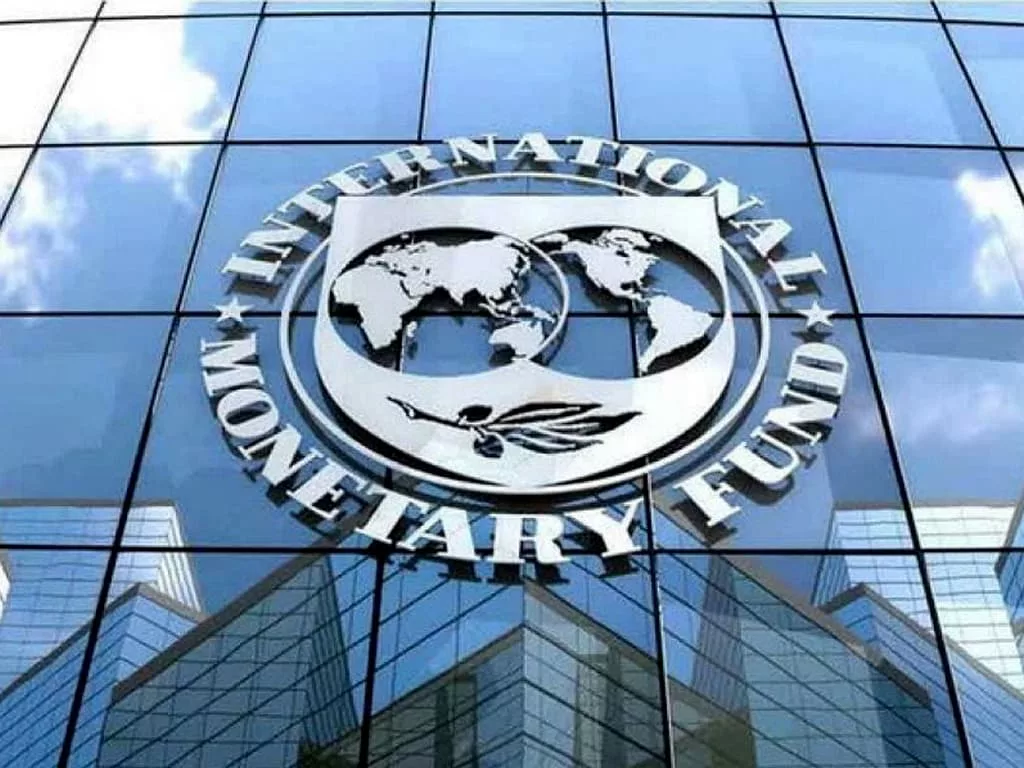The International Monetary Fund (IMF) has advised the Central Bank of Nigeria (CBN) to take proactive measures to rein in inflation and mop up excess liquidity in the economy by raising up to N2 trillion through Open Market Operations (OMO) bills within the next 12 months.
This recommendation was outlined in the IMF’s Post Financing and Assessment Discussion and Staff Report of Nigeria, recently published by the fund. According to the report, the IMF emphasized the need for sustained monetary policy tightening to combat inflation effectively.
The IMF stated, “Continue withdrawing excess liquidity using short-term instruments (OMOs or repos). The initial aim should be to extract the remaining 800 billion naira in excess reserves, and up to Naira 2 trillion over the next 12 months.”
The advice from the IMF follows the recent oversubscription of the CBN’s N1 trillion treasury bills offer, which saw a total subscription of N2.3 trillion.
Notably, the 364-day treasury bills recorded an oversubscription of N1.8 trillion, with investors bidding interest rates ranging between 13 per cent and 29.9 per cent.
Addressing concerns about debt obligations, the IMF acknowledged that Nigeria could meet its debt requirements despite existing risks.
These risks include inflation-triggered depreciation of the naira and climate shocks, both of which could weaken payment indicators.
Regarding inflation projections, the IMF estimated a slowdown in inflation in the first quarter of 2024, reaching approximately 17 per cent by the end of the year.
However, food inflation is expected to remain high for most of the year, primarily due to the depreciation of the naira.
The IMF report stated, “By end 2024, inflation should gradually return to historical levels (17 percent year-on-year at end-2024), helped by base effects phasing out and assuming monetary policy tightening.”
In context, the CBN has observed a significant rise in currency circulation since the first quarter of its leadership, with circulation increasing by N890 billion to N3.65 trillion as of December 2023, representing a 32 per cent rise.
The apex bank attributed this surge in cash circulation as one of the factors contributing to increased inflation.
To manage excess cash liquidity, the CBN often resorts to issuing OMO bills. Notably, the CBN’s last OMO bills issuance for the 363-day bills was oversubscribed by N157 billion, with a stop rate set at 17.75 per cent.





